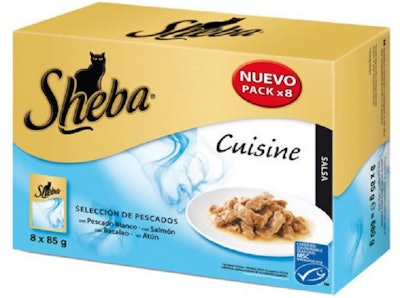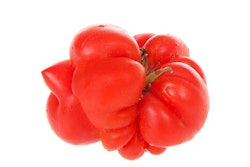
Top pet food producer Mars Petcare recently introduced its premium wet cat food brand, Sheba, to the Mexican pet food market.
Sheba arrives in the marketplace in an unsurpassable moment, as the cat food market is posting vigorous growth at higher rates than dog food is.
On the other hand, wet cat food product variety is rather limited in Mexico and in most Latin American countries, largely due to relatively higher manufacturing costs of wet food.
Given the sound performance of the overall cat food category in Mexico, Mars is likely aiming to reinforce the expansion of its cat food business, originally led by Whiskas.
Moreover, since Mexico is the second-largest pet food producer in Latin America, Sheba may signify a smaller-scale project to grow its wet cat food business in the region.
Is there a distinction between Whiskas and Sheba?
Although there are no major differences between the two brands, Sheba is a superior product compared to Whiskas.
According to Christian Bartelt, senior group marketing manager from Mars, the most notable distinctions are more humanized qualities for Sheba, such as prime meat cuts and better recipes to pamper pets.
Ingredient and price differences
A specialized site on pet food formulations, Pawdiet.com, undertook a thorough comparison between the two brands, stating that the primary differences are ingredients.
First, Sheba utilizes meat by-products, while Whiskas uses mainly poultry meat by-products.
Moreover, the site assures Sheba minimizes the use of controversial and harmful ingredients in its formulation, avoiding the inclusion of caramel color and iron oxide, along with other ingredients such as BHA, added color and menadodione sodium bisulfite complex, which are considered damaging.
In terms of price, both brands compete in the premium segment. However, there is some price variation across local retailers and online sites, where Sheba products are pricier than Whiskas by around 20% to 30%.
Overall, Sheba looks like a promising launch to be accounted for by consumers aware of product formulations and who are sensitive to ingredients.
Mars is reading the current trends that favor pet well-being, holistic nutrition and premiumization. The relevant question is: What other company is ready to take a similar step?















